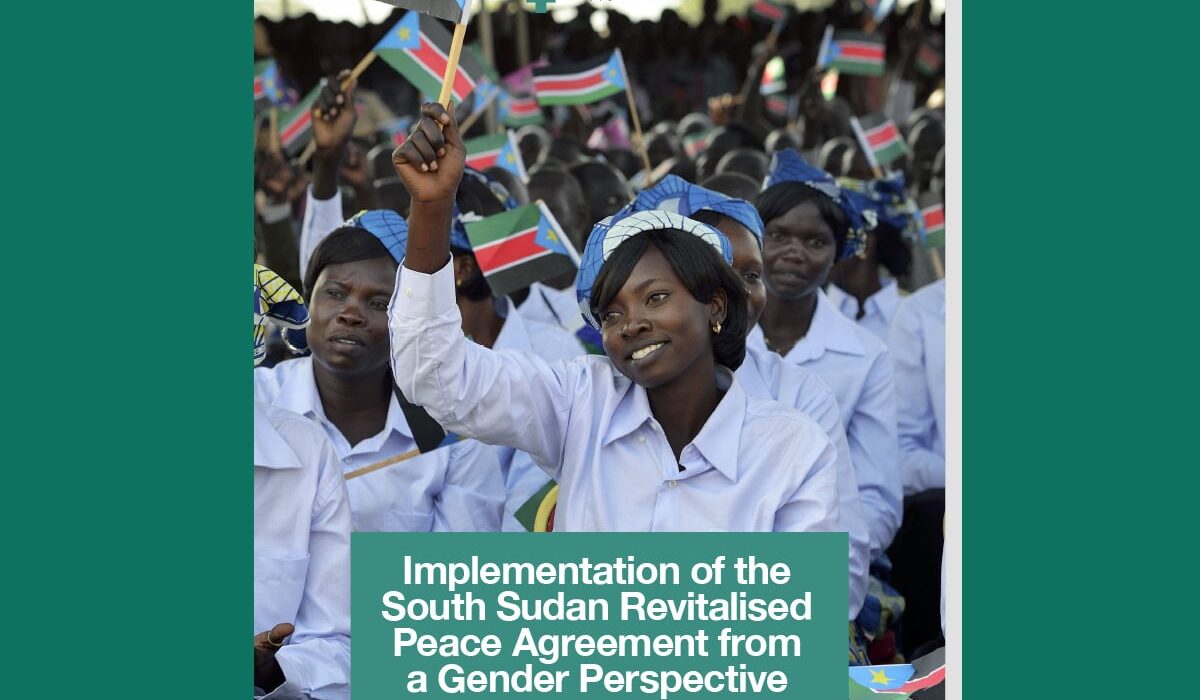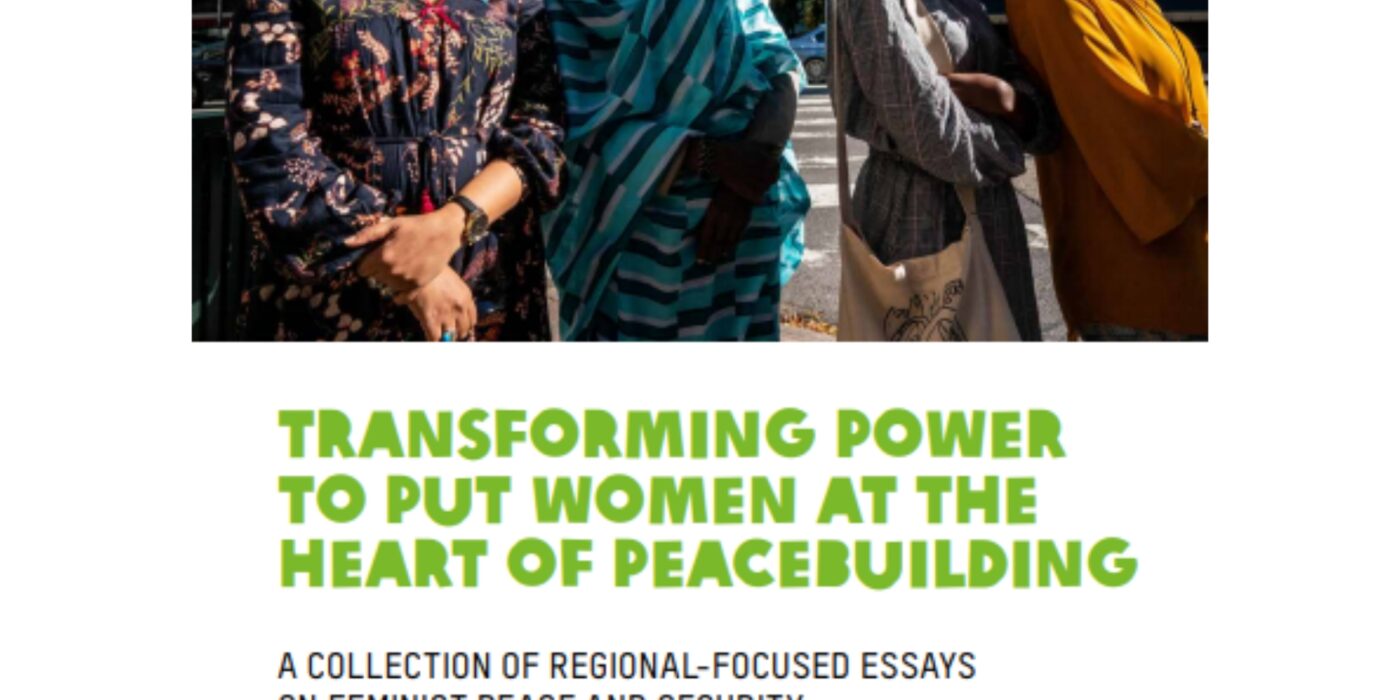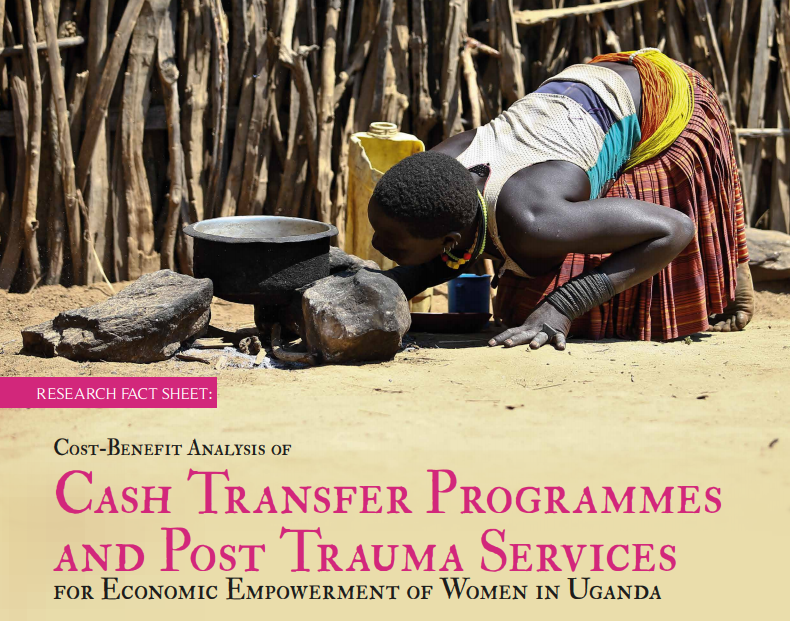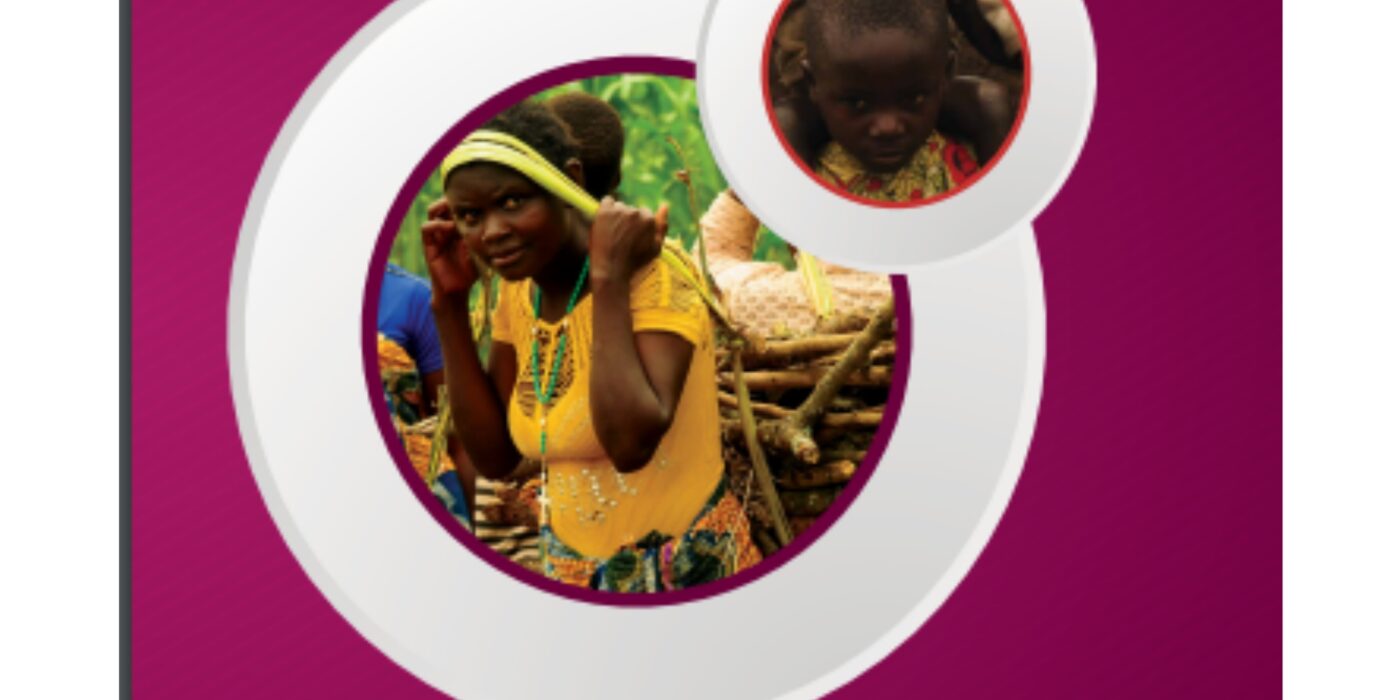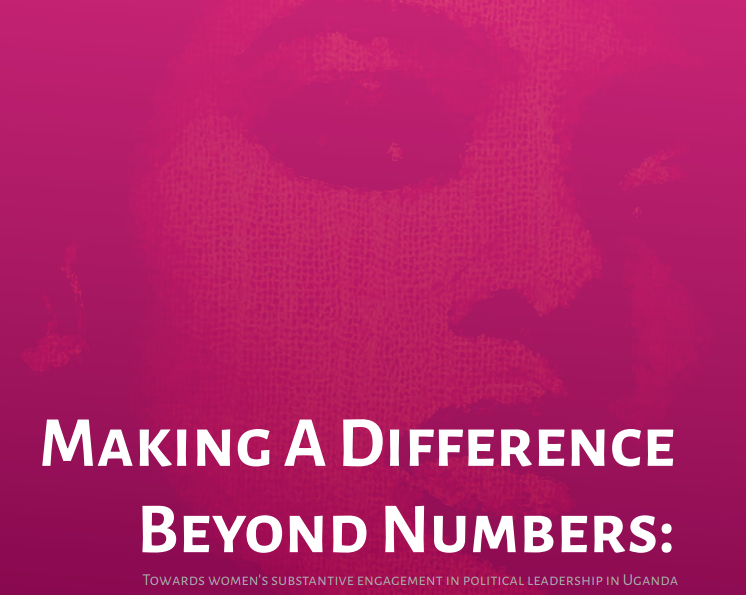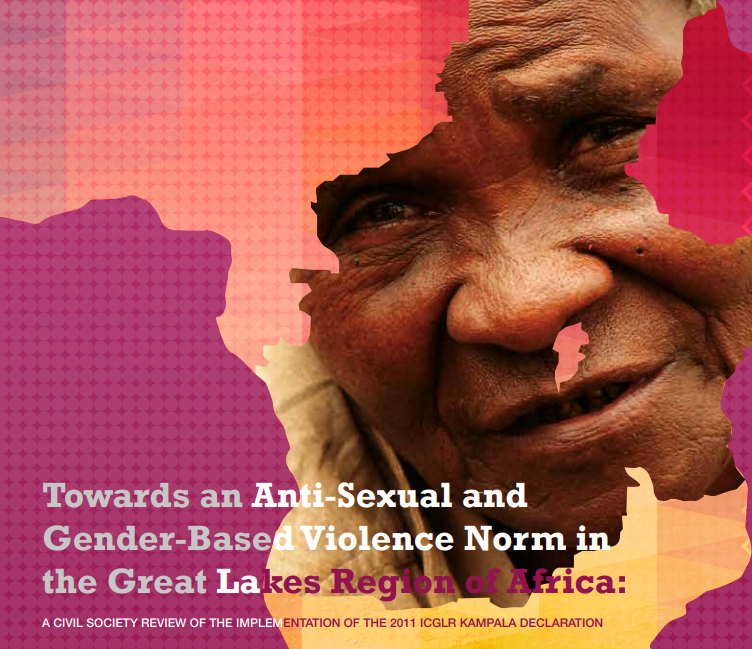Implementation of the South Sudan Revitalised Peace Agreement from a Gender Perspective
Women’s International Peace Centre with support from Forum for Women in Development (FOKUS) conducted a research study to examine the opportunities, constraints and extent to which women influence the peace process in South Sudan.
This research answers the following questions; i)What are the conflict trends, dynamics their significance for ongoing peace processes in South Sudan? To what extent do these advance the Women, Peace and Security agenda? ii)What is the level of participation and representation of women in the peace process in South Sudan? iii)What are the opportunities and constraints and to what extent do women influence the peace processes, such as seen in the national dialogue, the security sector reform, the constitutional reform and the transitional government in South Sudan; iv)How can women and in particular young women’s advocacy efforts be supported in ways that create new spaces for them to engage key decision makers at national, regional and international levels?

